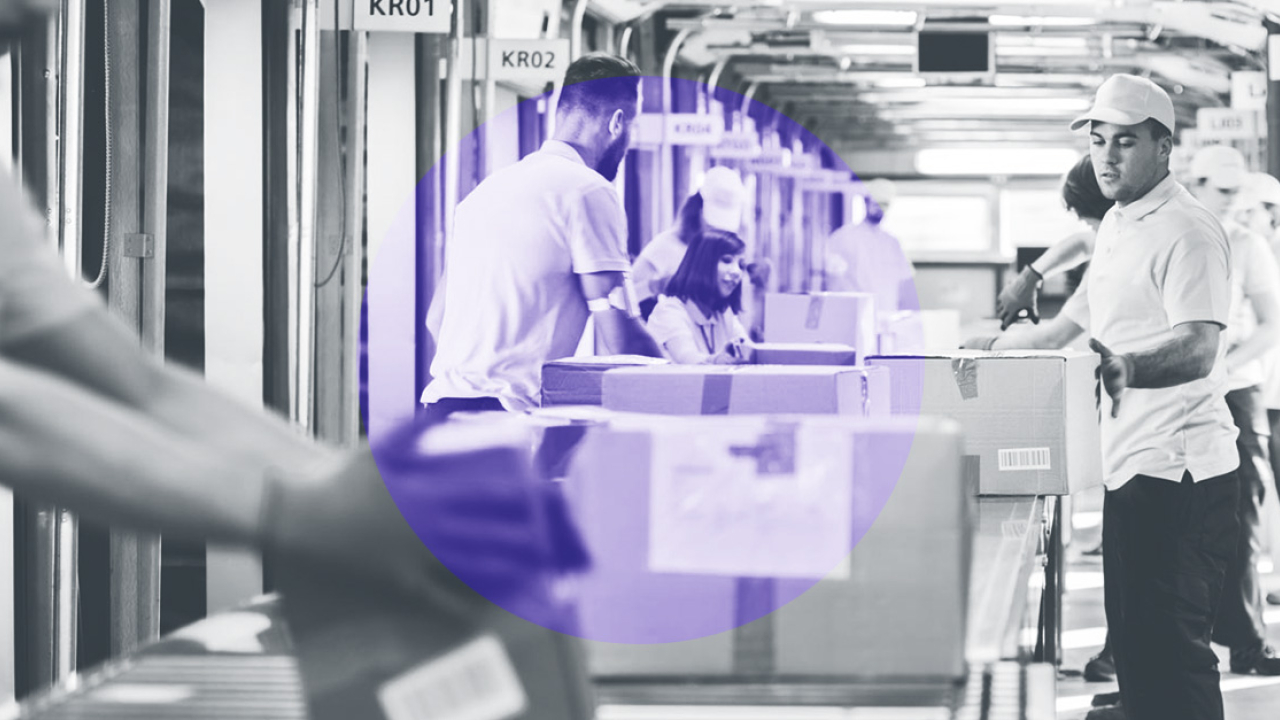
Following the closure of the Productivity Commission in February, there’s been a lot of chatter about New Zealand’s inability to address its productivity woes.
As US Professor of Economics Paul Krugman once said, productivity isn’t everything, but in the long run, it is almost everything.
As everyone knows, a nation’s ability to improve its standard of living is almost entirely dependent on its ability to improve its employee outputs or productivity. So, despite knowing its importance, why is it proving so hard to change?
To make sense of it, a couple of things need to be clarified. Firstly, as a nation of small businesses, improving our productivity will be harder as we don’t have enough large-scale, automated businesses to lift the ‘average’. Secondly, NZ’s high cost of capital makes it difficult for business owners to invest in new practices and/or technologies and thirdly, the size of our market, or the distance from new markets, means there’s a reluctance among many to risk what they’ve built when the costs of doing so are high.
That said, there are practical things every organisation can do to improve their performance while keeping costs to a minimum. Having examined this issue for decades, here are the top 5 things you should do:
- Clarify your priorities
Although it sounds obvious, most organisations spend an enormous amount of time doing things that won’t make a blind bit of difference to customer acquisition or retention, or their bottom line. To improve all three, you must ensure your people are focused on the things that matter, not the things they’ve always done.
- Improve leadership and employee skill sets
As Henry Ford famously said, the only thing worse than training people and having them leave is not training them and having them stay. The fact is, every organisation’s performance is a consequence of its people’s contribution meaning if you want to increase your revenue or profitability, you have to improve your people’s capability and effectiveness.
- Build a performance-focused culture
By this we mean build a culture, mindset or way of working that not only brings out the best in your people but encourages them to want to deliver better outcomes for your customers and stakeholders, i.e. discretionary effort is critical to lifting competitiveness.
- Adopt new ways of working
To maximise people’s engagement, it is vital companies adopt new-generation people-first practices. We don’t mean ‘person’ first practices that give individuals the license to hold you to ransom, we mean ‘people’ first practices that transform their experience and desire to succeed.
- Minimise rework
We’ve all heard stories of organisations getting things wrong and having to fix them or deliveries going to the wrong address or containing the wrong product. The fact is, the need to carry out rework, irrespective of the sector, can destroy an organisation’s profitability because it not only costs businesses twice, it removes otherwise saleable time meaning there’s a lost opportunity cost on top.
Although the weighting of each will be different for different organisations, most companies today could not only double or even triple their profit by fixing the above, they could reduce their risks and, ultimately, their costs of doing business.
If you’d like to look at how Vantaset could help you improve productivity, call us on +64 9 522 9409 or email us at info@vantaset.com
©1995 to present day. All rights reserved – Steel Performance Solutions


